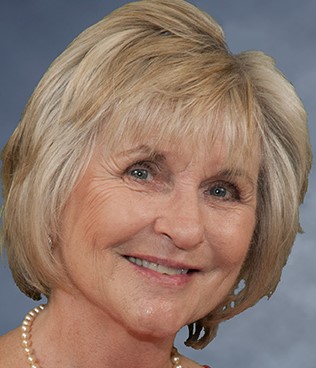
My interest in CMW comes from a career working within both public and private American education system. I view CMW as a method to impact those, like myself, who feel they live and work on the “edge of the inside of systems (Rohr, 2017).” My question is whether, how, and for how long does experiencing CMW impact inner lives of participants. I believe there is a path to unconscious processes inherent in the method. It seems to me that doing the work of social change is daunting and CMW has the potential to activate a creative collective unconscious that can sustain participants as they work towards system transformation.
My background is in education and psychology. I have worked as classroom teacher, school psychologist and graduate educator. I now have a private practice. Travis Psycho-Educational Services which offers a full range of educational evaluation services. Body -focused Repetitive Behaviors (compulsive hair-pulling, skin picking), victims of bullying and resulting anxiety and depression are areas of intense interest.
References:
[1] See earlier Daily Meditations on Franciscan spirituality, https://cac.org/depth-and-breadth-2017-06-04/.
Mary’s Contribution at the Symposium
CMW – Therapy or Therapeutic Research
This collaborative discussion based on my 2003 dissertation work, “Detach to power: The collective memory-work experience,” aims to unpack the method as it helped my participants find authentic rather than culturally scripted voices. In many instances unconscious processes affected their experience and later actions. This discussion can assist future researchers plan their work with deeper understanding of how the method can positively impact and empower the unconscious of co-researchers. Expansion of the capacity to act is a goal of CMW and critical in an era of crisis and uncertainty. Are there ways to structure the work to help participants access deep authenticity, autonomy, spirit and creativity? Individuals often leave groups to engage in arduous work within entrenched and even hostile systems. Can access to unconscious creativity of spirit be maintained?
- Can Collective Memory-Work act as group or narrative therapy? Should it?
- Can CMW act as consciousness raising or transformational storytelling? Should it?
- How do participants in a Collective-Memory Work group experience the group and the work?
- Does the participant’s experience influence their present and future world view?
- Do participants make decisions and take actions based on their interactions and conscious experiences with the method?
- Does recognition of collusion with the social structures enable co-researchers to access intuition, authenticity and strength that exist out of conscious awareness?
- Which pieces of the method encourage access to unconscious processes that activate creative responses to social and academic structures?
A workspace discussion concerning which parts of the CMW method are likely to produce (or have produced) therapeutic effects in participant’s lives. A working group (or groups) organized around posted and/or distributed starter questions and allowing for additional questions and discussion points at scheduled breaks. The group may be divided into sub-groups that work together and share their insights with the larger group at points during the session.
Addendum
I think the access to the unconscious creative spirit is essential in order to maintain enthusiasm and energy for work outside the group. It may be necessary for groups to plan to maintain working connections early in the planning process in order to structure support for co-researchers who may otherwise lose contact with the group as they continue individual work for social justice and change.